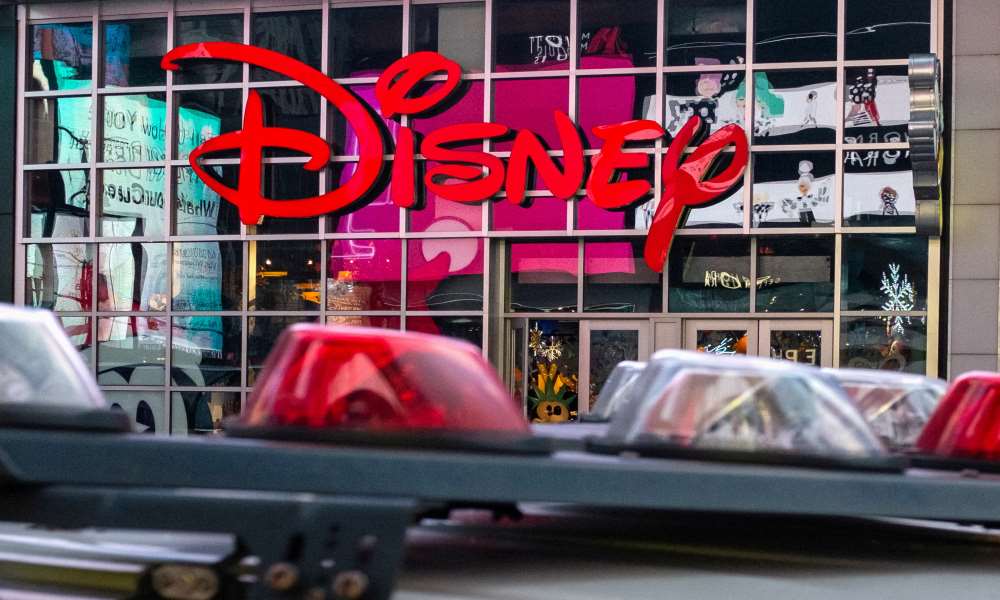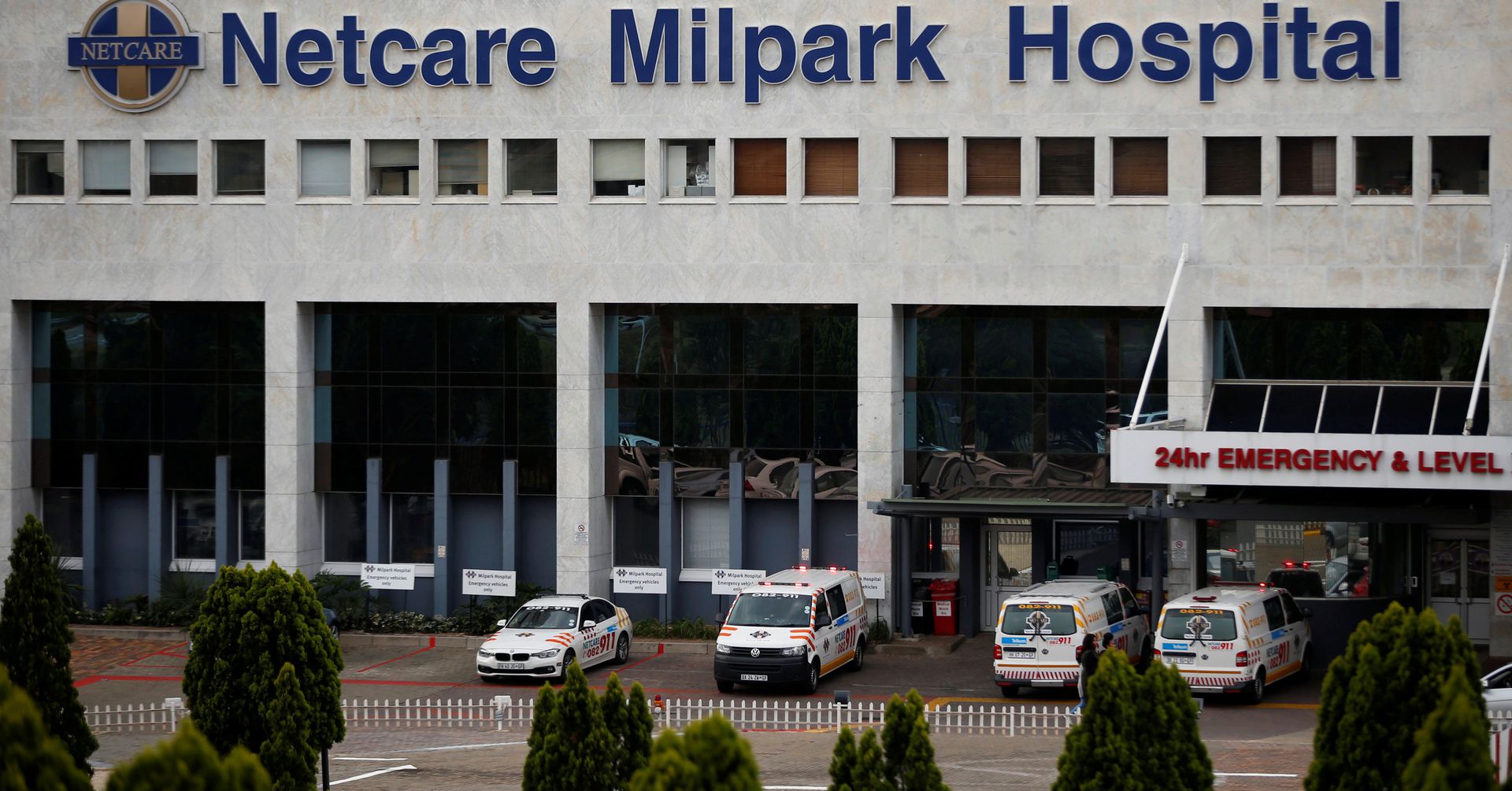COMPANY NEWS IN BRIEF
Pepkor delivers 16% profit jumpPepkor, which owns brands such as PEP and Ackermans, managed to deliver a double-digit earnings increase even as the effects of the July 2021 unrest and KwaZulu-Natal flooding hit the group's revenue growth.
The JSE-listed retailer reported on Tuesday that its revenue grew 5.3% in the year to end September, saying that growth had been negatively affected by the flooding of PEP's distribution centre in KwaZulu-Natal in April, as well as its recovery from the unrest in July last year.
At the same time, product mix changes in its Flash business, which offers informal traders affordable payment systems to do business, also impacted revenue growth. It said that if Flash and the lost sales due to the floods were excluded, revenue growth would have been 8.1%.
Normalised headline earnings per share, excluding once-off items, rose 15.7% to 150.7c per share with Pepkor, delivering a dividend of 55.2c, representing a 24.9% increase on the previous year.
The company said the July 2021 unrest resulted in looting and damage of 549 of the group's stores. While 386 of these stores were reopened by September last year, 104 stores could only be reopened during the current financial year "due to factors outside the group's control, including infrastructure rebuild and delays in the reopening of shopping complexes". A further 37 stores will be reopened in the next financial year.
Pepkor said the flood-damaged PEP distribution centre in KwaZulu-Natal represented 40% of the group's total distribution capacity.
"This negatively impacted in-store product availability and resulted in estimated lost sales of R460 million."-Fin24
Astral profit more than doubles
Shares in Astral Foods rose more than 4% in morning trade after it reported full year revenue growth of over a fifth, and it more than doubled its profits. The strong performance came as the group’s main poultry division was able to increase its profitability more than fivefold, benefiting in part from promotional activity among retailers, which helped grow its volumes.
The JSE-listed chicken producer, which also nearly doubled its total dividend to shareholders to R13.80 from R7 previously for the year to September, attributed the performance in the main to growth in broiler sales volumes, as well as a recovery in the selling price of poultry.
The company’s full year profit was R1.07 billion, some 126% higher than the R473.7 million reported in the 2021 financial year. By 10:20am, the company’s shares were 4.33% higher at R178.22. But even with the strong performance Astral sounded a cautious note about future prospects, saying issues such high unemployment and rampant living costs were bringing pressure to bear on consumers, while "record high raw material costs" were expected to be repeated in the 2023 financial year.
At the same time the group said "collapsing municipal infrastructure" and load shedding continued to negatively affect its operational efficiencies, which added a "significant cost burden" with "significant capital expenditure in diesel generator capacity".
Other concerns for the company included the threat of bird flu, with Astral saying there were "rapidly rising infection numbers in Europe and America".
But Astral also flagged that it had a “strong and resilient balance sheet”, which would support Astral in "navigating the headwinds facing the poultry industry".-Fin24
PPC holds on to dividend
South Africa's largest cement maker PPC has again opted to hold onto its dividend for its half year to end-September, with margins coming under some pressure amid a pickup in competition and demand pressure locally, although it is said it delivered a sound performance in tough conditions.
Group revenue increased 9% to R4.2 billion, when excluding hyperinflation hit Zimbabwe, but was boosted by price increases, and volumes fell 1% amid some reduced demand in SA's inland regions. The firm reported a R85 million loss, from profit of R933 million previously, and it took a R206 million net hit due to hyperinflation in Zimbabwe, with that country's dollar falling 72% against the rand since the end of March.
Despite this, group net debt declined to R677 million on from just over R1 billion at the end of March, citing positive cash generation and strict capital allocation discipline.
South Africa, which is almost two-thirds of group revenue, did see increased sales in the coastal region, due to strong demand and a decrease in imports, but this was offset by difficult trading conditions in the inland region, the firm said on Monday. Volumes in this market and Botswana fell 2.6%.
The coastal region continues to experience an upswing in cement owing to a recovery in industrial construction activity and the resumption of postponed government projects. In addition, a decrease in cement imports into the Western Cape due to global supply chain constraints and a weaker rand positively impacted PPC’s cement sales volumes to the retail segment.
The inland region saw above-average seasonal rainfall at the beginning of the firms 2023 year, which began in April, and a subdued macroeconomic backdrop.-Fin24
Netcare revenue recovers
A year with fewer lockdowns and the emergence of less deadly variants of Covid-19 has helped private hospital operator Netcare's revenues recover, and it has not experienced related disruptions since the fourth wave subsided late in January.
The group reported a 3% increase in normalised revenue to R21.6 billion to end-September on Monday, along with a 23.4% increase in adjusted headline earnings per share to 83.2c. This allowed it to up its total dividend by almost half to 50c per share.
"Moreover, Covid-19 activity is currently at the lowest level since the start of the pandemic and has largely been incorporated into daily operations," wrote Netcare in its results statement.
It said that while the six months to the end of March 2022 felt the negative impact of the fourth wave, the subsequent abolishment of lockdown regulations drove robust demand from patients, increasing total occupancy in its hospitals to 60.1%.
Acute hospital occupancies, which include people staying in for surgeries and other non-Covid-19 medical admissions, increased to 66.4% by the end of September.
"[It] is the highest level since the onset of the pandemic and [is] ahead of the September 2019 level of 64.2%," said Netcare.
Surgical admissions increased by approximately 22.2% from September 2021, making up 59.5% of all admissions.
Total patient days increased by 5.4%, with acute hospital patient days improving by 4.8%. Netcare's mental health occupancies also showed substantial improvement, rising to 68.1% after falling to just 41% at the height of the Covid-19 pandemic in the six months to September 2020.-Fin24
Disney fires CEO, brings back former boss
Disney ousted chief executive Bob Chapek on Sunday and announced that it had brought back former CEO Bob Iger to once again take the reins.
The change, a dramatic turn of events for one of the largest media conglomerates in the world, was effective immediately, Disney said in a statement.
"We thank Bob Chapek for his service to Disney over his long career," Susan Arnold, chair of Disney's board, said.
The board of directors decided that as the company "embarks on an increasingly complex period of industry transformation, Bob Iger is uniquely situated to lead."
Chapek spent two years as CEO, a period that saw Wall Street concerned about rising expenses at the company. Disney's stock has fallen 41 percent this year.
Iger, who previously served as Disney's CEO for 15 years, increasing the company's market capitalization five-fold during that period, has pledged to return as CEO for at least two years, the statement said.
Iger, now 71, had promoted Chapek as his replacement in 2020 but the relationship soured and by early this year the two rarely spoke.
"I am deeply honored to be asked to again lead this remarkable team... through unrivaled, bold storytelling," Iger said.-Fin24




